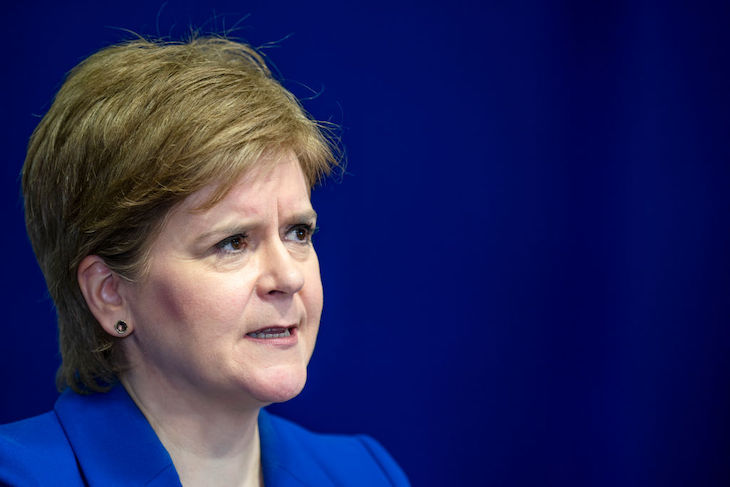Nicola Sturgeon is resigning as First Minister of Scotland. We don’t yet know when — or why. After eight years in the role, unchallenged the whole time, she has hit troubles recently over gender law reform, the placement of Isla Bryson, a rapist, in a women’s prison and Sturgeon’s failure to deliver a promised second referendum on independence.
If any of these is the reason for her departure, it would be odd as, although highly controversial, none has produced a rival for the crown. There is also a police investigation ongoing into a £667,000 independence fighting fund donated by supporters. (There is no suggestion Sturgeon has done anything illegal or improper.)
Her mentor turned enemy Alex Salmond left the SNP to form his own pro-independence party, but that has made almost no impact and the man himself is deeply unpopular. I suppose what I’m saying, what I’m trying to dance around, is that I am stumped as to why Sturgeon would feel under pressure to resign. She’s a proven election winner, and even with the sheen having dulled, the polls still say she would walk all over the opposition parties.
Perhaps the reasons are personal or perhaps, after 15 years in government (seven as deputy first minister and eight in the top job), she’s just fed up and wants to do something else. Certainly, as a prominent woman in leadership, opportunities await her at national and international level. The unfortunate coda to all this is that, despite her time in government, Sturgeon leaves no substantial legacy behind. In the history of the SNP she is, and always will be, a giant. In the lives of ordinary Scots, once she goes, there will be few signs she was ever there.







Comments